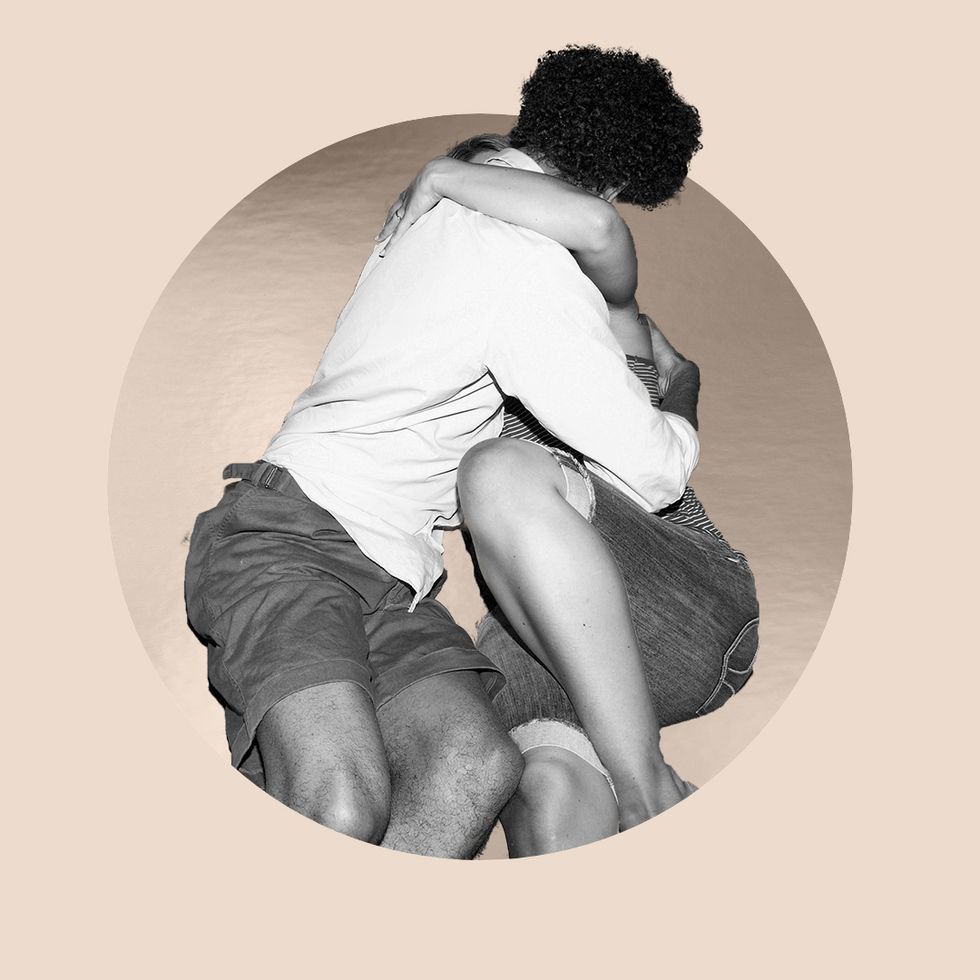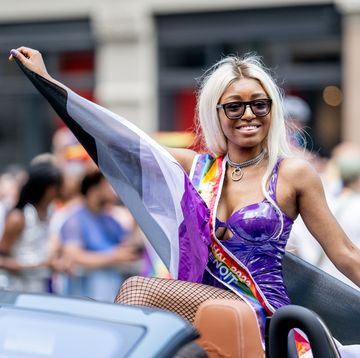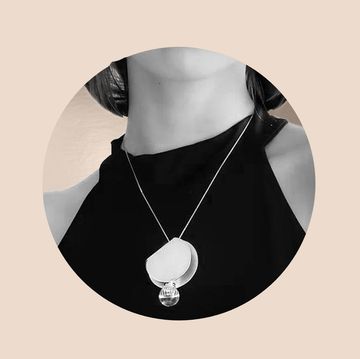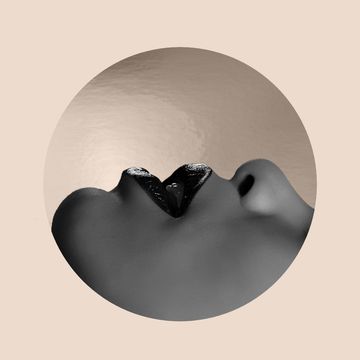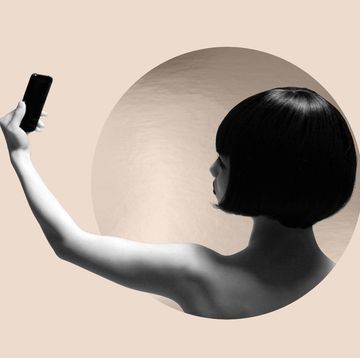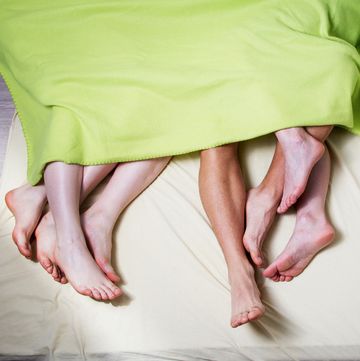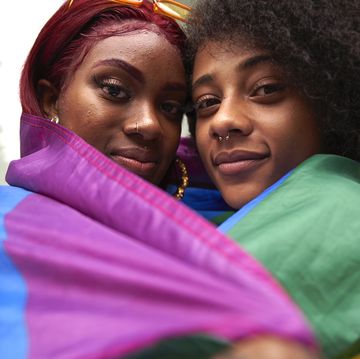Back in the summer of 2020, as the easing of lockdown restrictions heralded the release of months of pent-up sexual desire, my housemate and I were excited. We were two single women in our late 20s, and the summer of sex was upon us: a time to go forth and fornicate with reckless, hedonistic abandon, making up for the best part of a year of lost time with unashamed promiscuity.
Except… we didn’t. Instead, we rediscovered other simple pleasures that had been removed from life: meeting up with friends, eating inside restaurants, taking Ubers. Casual sex eventually reentered both of our lives, but in a slower, more mindful way than we had been expecting.
Plenty of reports at the time mirrored our experience, declaring a ‘sex slump’ in place of a frenzy. Unsurprisingly, the National Survey of Sexual Attitudes and Lifestyles Covid study reported an overall decline in sexual behaviour since lockdown, especially fewer one night stands. Back then, there were some purely practical reasons behind this – the fear of proximity after enforced distance, more people living back at home with family, the ongoing mood killer of a global pandemic. But just this week, the world’s biggest manufacturer of condoms, Karex, has had to branch out into the production of surgical gloves after a 40% fall in demand from a stressed and isolated population. Even with social freedoms restored, it feels like the tide is turning away from casual sex, especially for women.
In many ways, the rise of dating apps had triggered the demise of heterosexual hook-up culture pre-pandemic. Women on apps were no longer going to bars to meet new sexual partners, but showing up to pre-arranged dates with individuals they’d already digitally vetted and deemed likely to hold long-term romantic potential.
Recent events seem to have pushed hook ups even further into the realm of 90s nostalgia. When I spoke to friends and strangers on the subject, almost all of them expressed disinterest, even reluctance, towards pursuing sex on a casual basis. ‘I just can’t be bothered with the awkwardness of it,’ said one 29-year-old. ‘It’s a lot of effort and I don’t want to sacrifice my own comfort for something that could feel weird, I’m less tolerant of that now.’ Another explained that she would be interested in something ‘fun, exciting and different’, like a threesome or a same-sex experience, but wouldn’t be willing to take the risk on another ‘sticky one night stand’.
Casual sex seems to have lost some of its allure, and a new wave of conscious abstinence seems to be emerging. But why is this? Women’s sexual ‘liberation’, driven by increased access to contraception and shifting attitudes delivered the long-overdue freedom to have sex as and when we pleased. Far from a luxury, this was a basic right that society had removed, its reclamation reminiscent of the effort to secure tax-free sanitary hygiene products. Nevertheless, it was easy to feel a sense of duty to use this hard-earned freedom; when single, I had a sense that it was my feminist obligation to get out there and have sex like a man, overriding any hormonal urges and remaining intently unattached. To be empowered meant being unfailingly up for it, and those who weren’t risked looking uncool or not progressive. For me, this meant genuine desire – something to be cherished – got tangled up in a kind of performative horniness, a pressure to have sex on male terms.
For singles, lockdown removed not only this, but the pressure to date and/or copulate entirely, leaving time for individual sexual exploration and affording valuable physical and mental space to assess our own sexuality and navigate it alone, without a partner to change the dynamic.
For some, this meant a welcome ‘excuse’ for not feeling sexual at all; for others, it meant the pursuit of sexual self-knowledge, which seems to have left us with higher standards – and a more critical eye on disappointing experiences. ‘I used lockdown as a time to buy a vibrator, watch different kinds of porn, and figure out what I really liked,’ says one 25-year-old woman. Another told me that not having sex had shifted her sense of self-assurance and contentment. ‘I found that I eventually internalised the validation that I used to seek externally through casual sex,’ she says. ‘With more time and space, I found different ways to experience the intimacy, comfort and entertainment I used to derive from sex with others, and I’ve found that it’s much more long-lasting and meaningful when achieved alone.’
One woman I spoke to was bemused at the idea of women enjoying casual sex in the same way as men at all. ‘No woman can have sex as and when she wants without a biological sacrifice,’ she says. ‘Whether that’s contraception and its side effects, or unwanted pregnancy.’ There’s also the internalised pressure of the ‘biological clock’ and the sense that we should only be having sex with prospective long-term romantic interests.
With all this going on, it’s little surprise that many are refraining from the often unsatisfying casual sex of yore, and choosing to either have sex alone or refrain completely, especially after months of valuable self-exploration. To be consciously abstinent is not only a mark of independence, it also feels like an act of resistance, even defiance. The hard-earned freedom of casual sex must be respected and protected, but that doesn’t mean that we have to view it as a luxury that we’re obliged to use.

